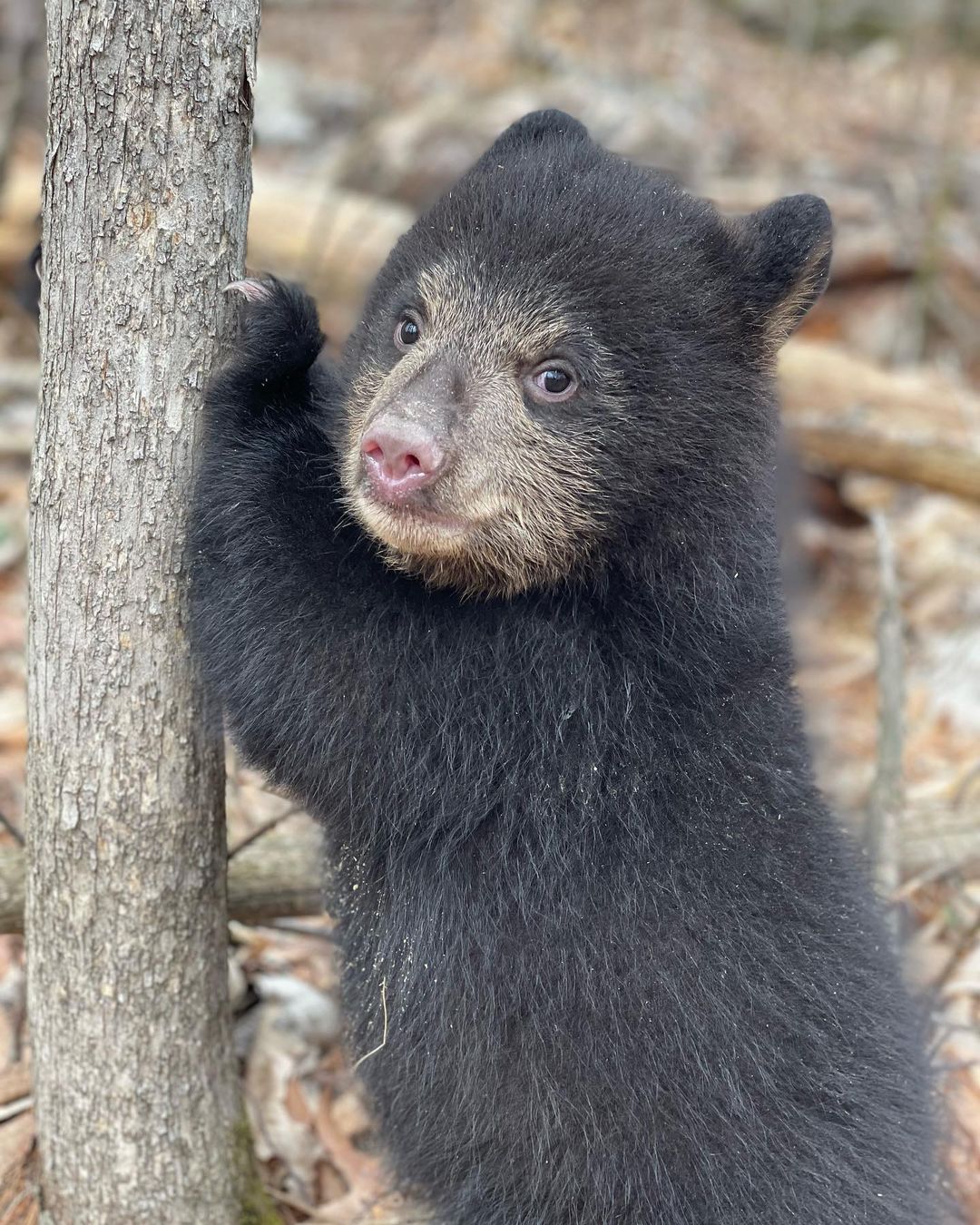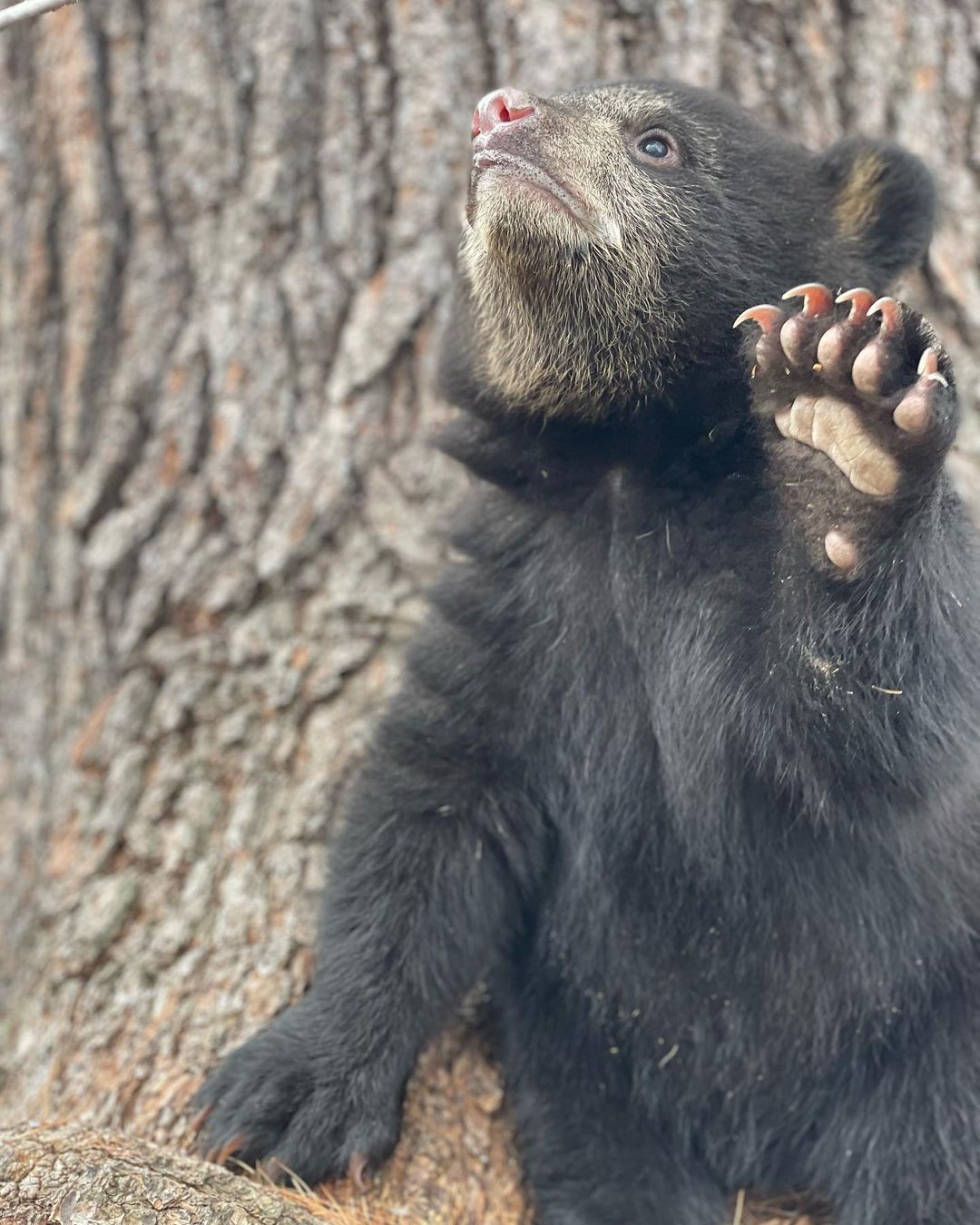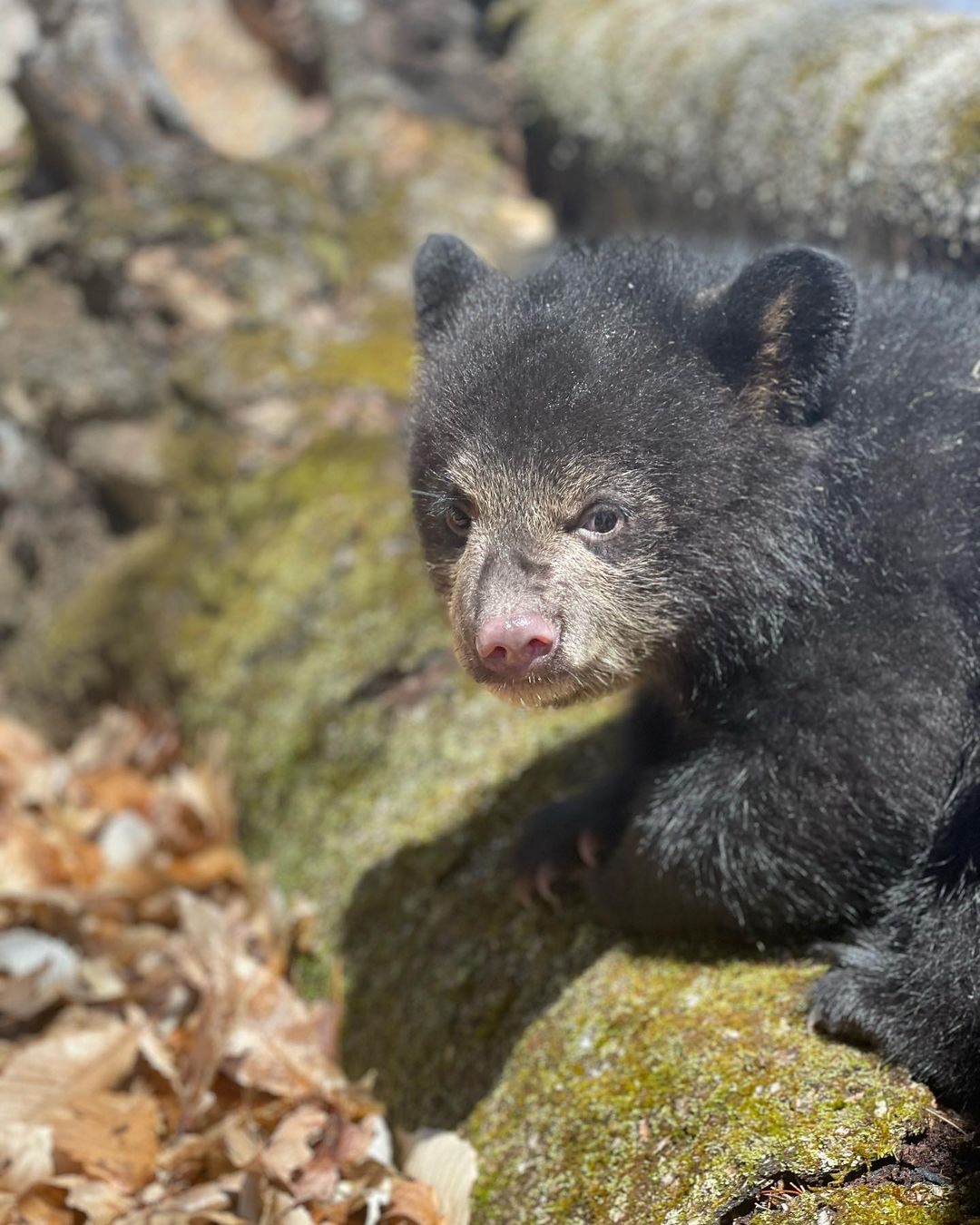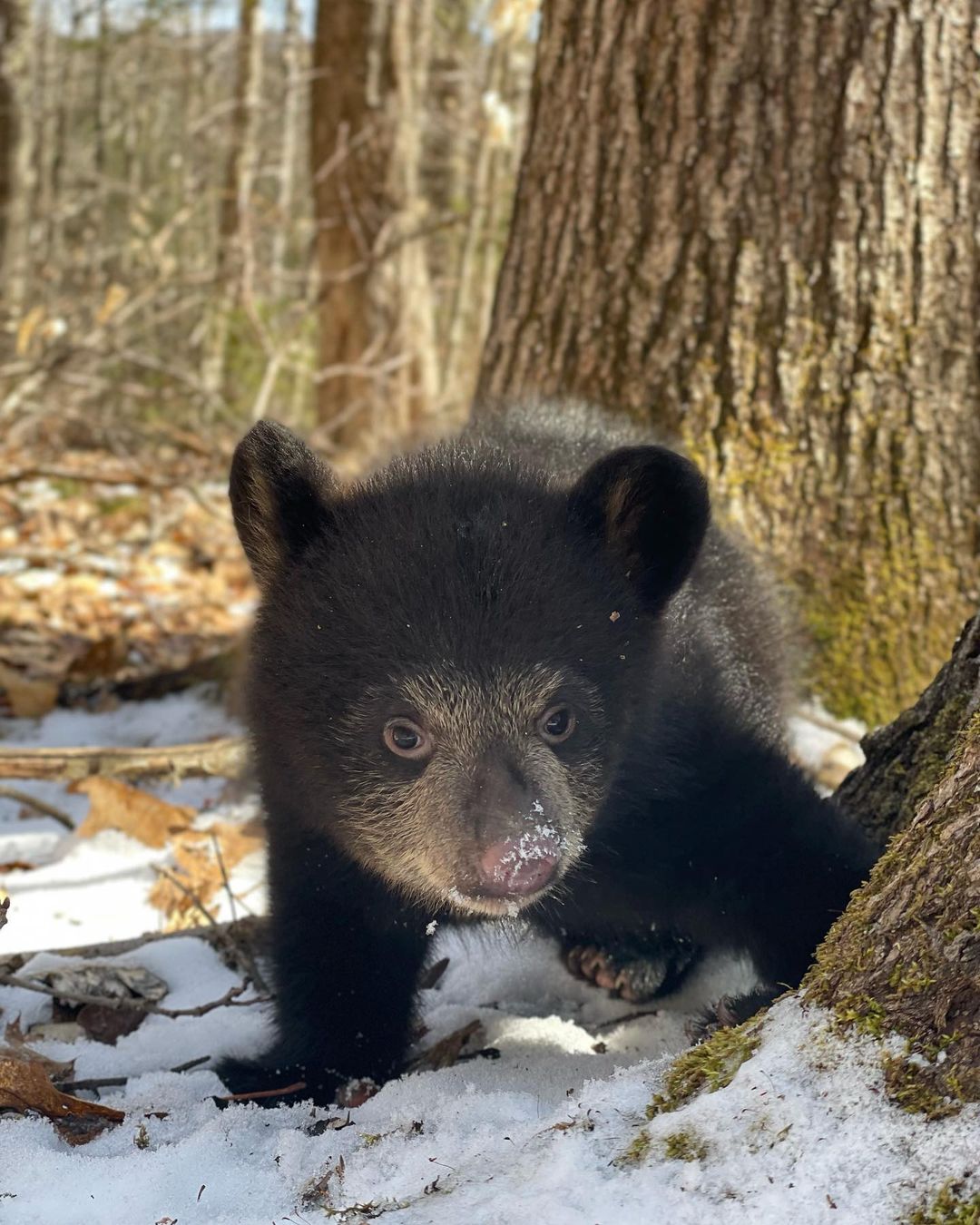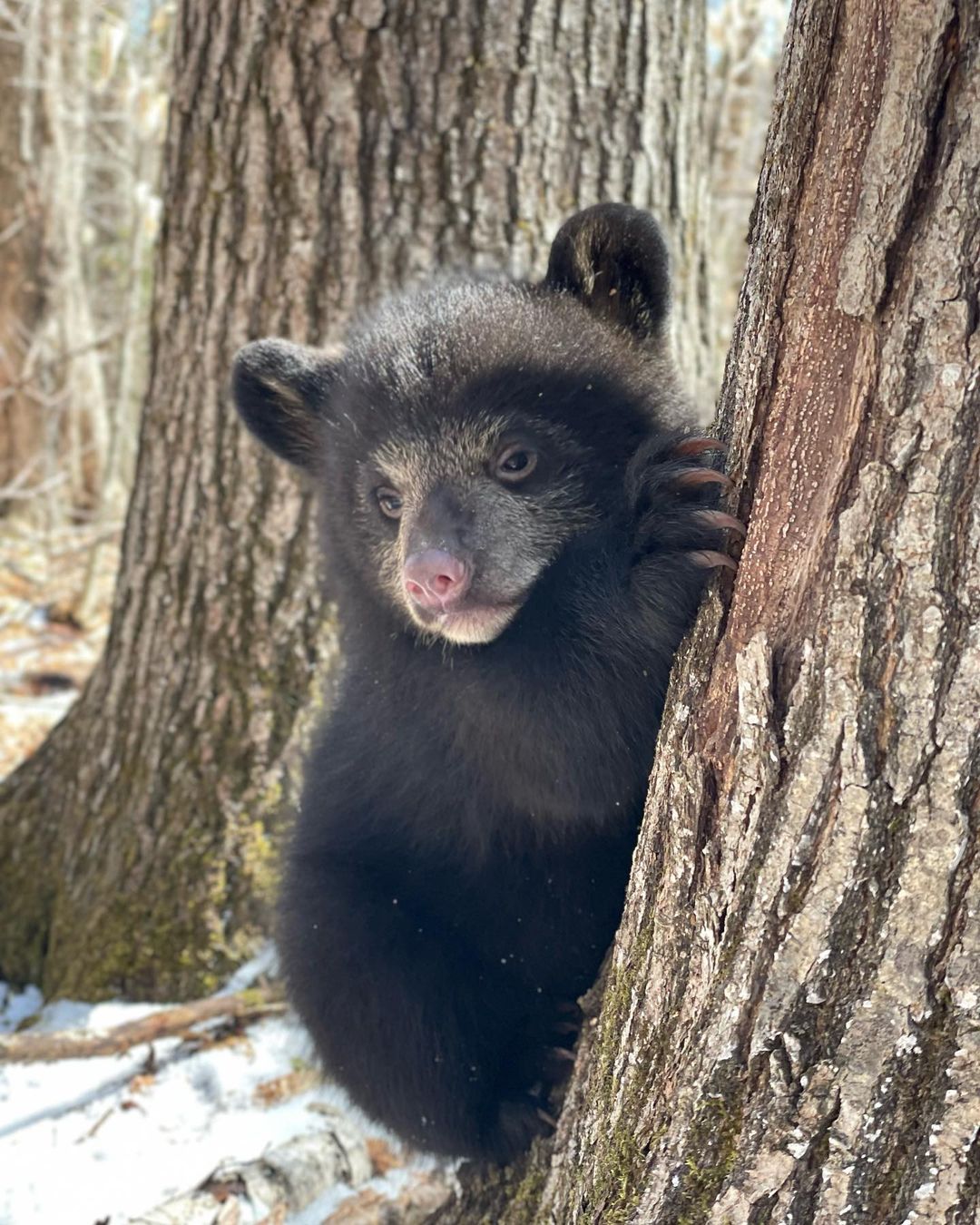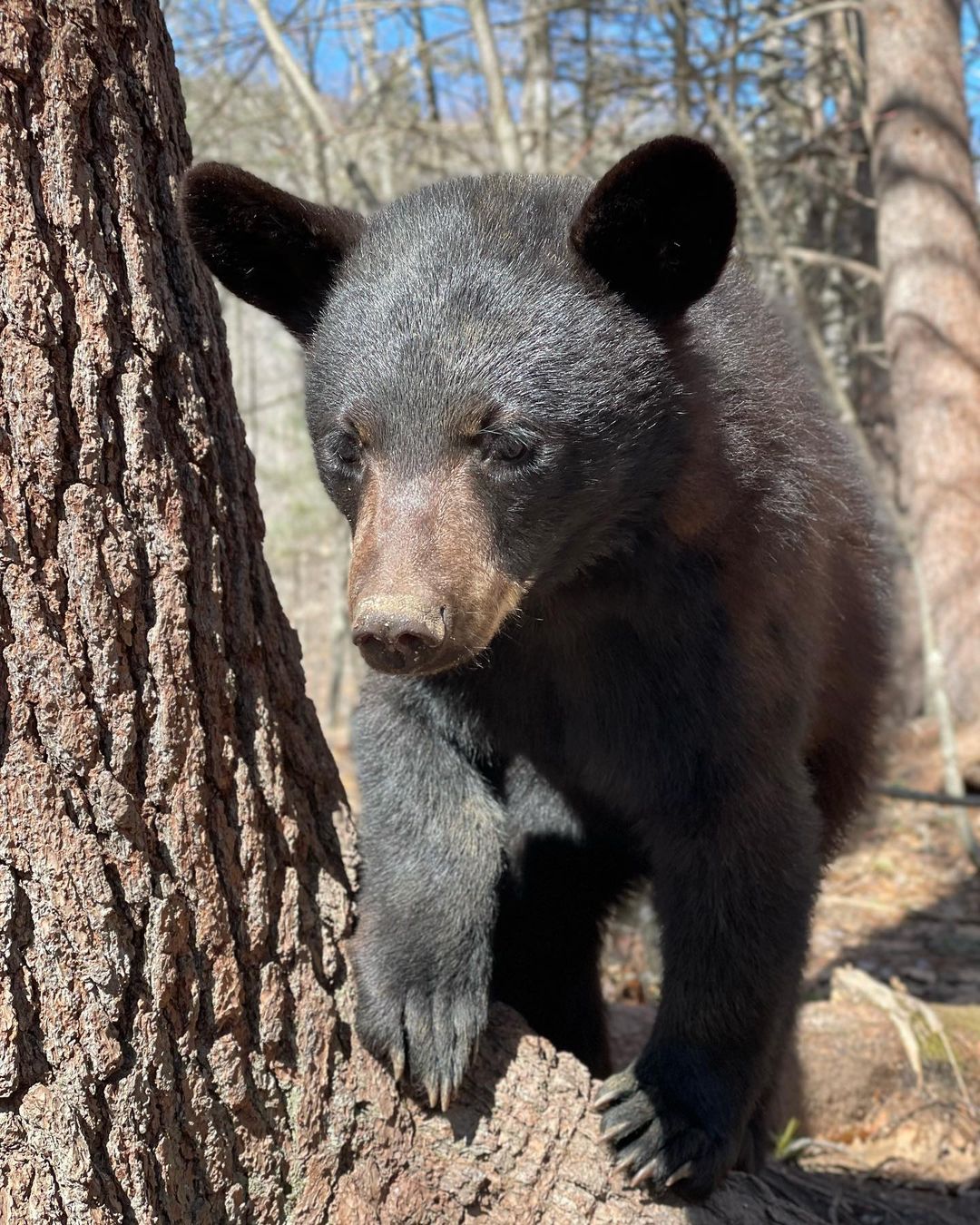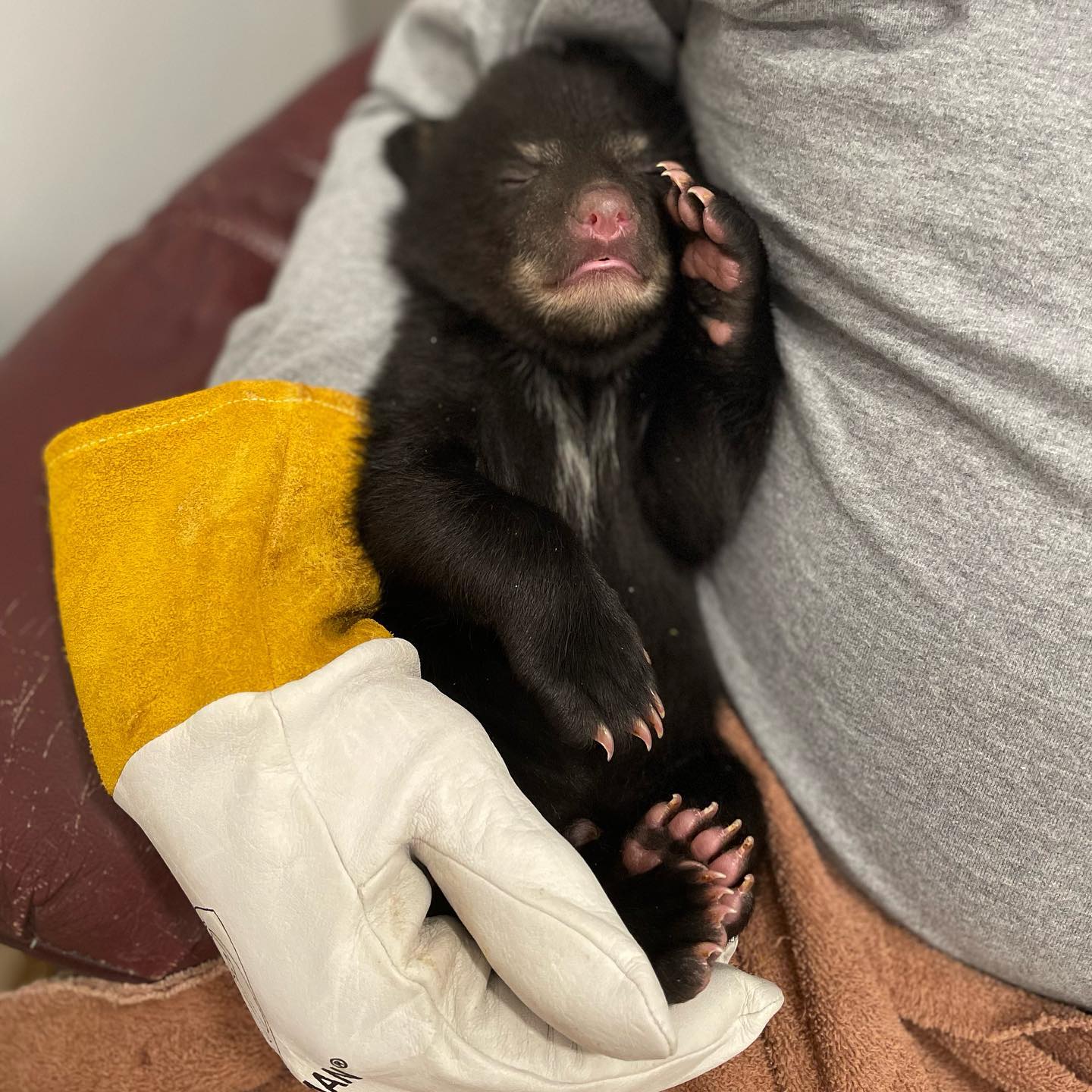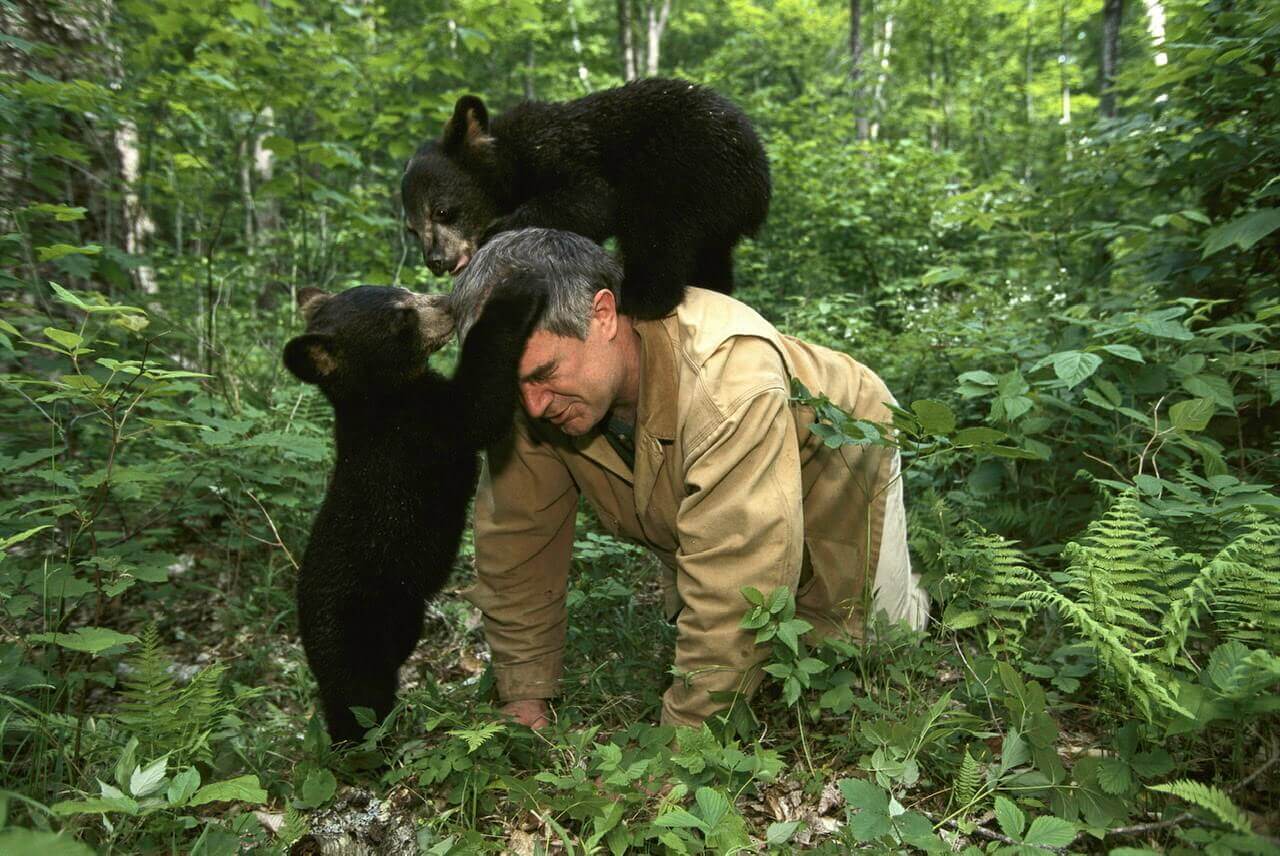
- Inspiring People -
- 3mins -
- 934 views
This shelter helps orphaned black bear cubs return to nature
The Kilham Bear Center has been rehabilitating and releasing injured, orphaned and abandoned black bear cubs back into the wild since 1993.
the forested enclosure gives cubs the opportunity to learn bear skills
The Kilham Bear Center has been rehabilitating and releasing injured, orphaned and abandoned black bear cubs brought to them by the New Hampshire Fish and Game Department since 1993. The Center receives cubs from New Hampshire, Vermont, and Massachusetts.
Ben Kilham and his nephew Ethan Kilham are the primary bear caregivers. Ben’s wife Debbie helps with the very young cubs. Phoebe Kilham was working with the bears, but is now doing the GPS mapping for the collared bear research program with the State of New Hampshire.
Cubs brought in early spring of one year will be released by New Hampshire Fish and Game the following spring. They begin their stay in an indoor enclosure and graduate to one of the outside forested enclosures. Being in the forested enclosure provides the cubs with the opportunity to learn and to improve their climbing and foraging skills as they would in their natural environment.
There are natural and man-made dens in the forested enclosure for the cubs to use to hibernate for the winter. When spring arrives and they emerge from hibernation, carers again supplement their natural foods so that when the time comes for them to leave, they will be healthy and strong and ready to return to the wild.
Kilham Bear Center is not open to the public as all of the cubs will be returned to the wild and minimising human contact is required, however, for tons of photos and video footage of bear cubs being cute, check out their Instagram and website. See below for examples.
Source: Kilhambearcenter.org
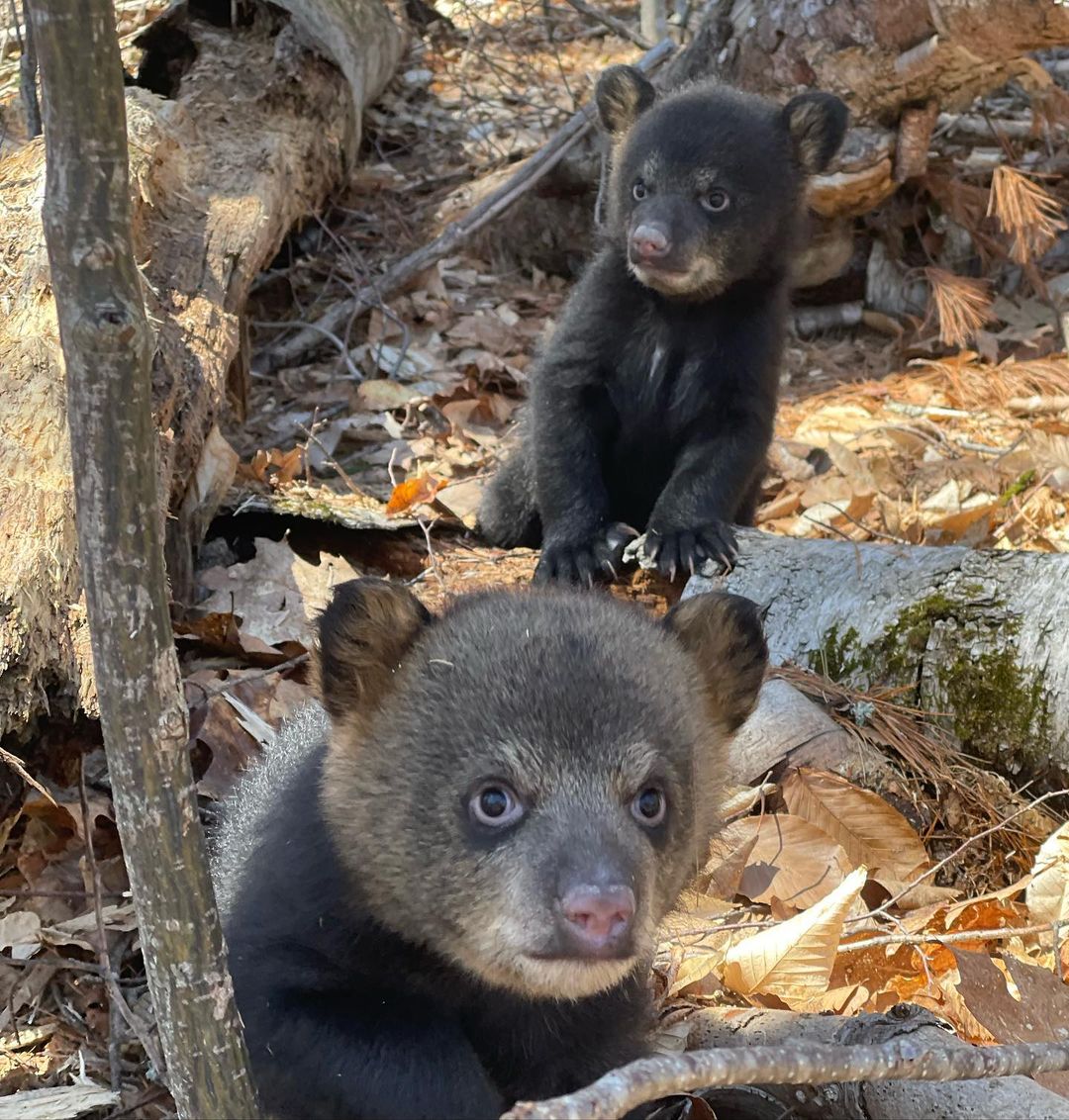
This shelter helps injured and abandoned black bear cubs return to nature. Kilham Bear Center is an animal shelter in New Hampshire, USA, founded by Ben and Ethan Kilham. Source: Instagram/kilhambearcenter
